Physical rehabilitation after a stroke is an essential treatment and can have a profound effect on the recovery and quality of life post-stroke. For most patients, it is important to start rehab as soon as they have clearance from a physician in order to recover as much lost function as possible. As an integral part of your post-stroke medical team, a rehabilitation specialist will work closely with each patient to address their individual needs to help them regain lost mobility and function.
What is a Stroke?
A stroke occurs when blood flow to a part of the brain is either stopped or significantly reduced. As a result of this blockage, oxygen is prevented from getting to that part of the brain. Without oxygen, the brain cells become damaged. Depending on the type of stroke, paralysis and or weakness can occur. The extent of the damage to the brain depends on the severity of the stroke and the area of the brain that was affected.
How Can Physical Rehabilitation Help?
Strokes can affect the brain's ability to form movement. After a stroke, simple everyday tasks, such as getting out of bed, brushing your teeth or making breakfast, can seem impossible. Working with a rehabilitation specialist such as a Physiotherapist, Chiropractor, Athletic Therapist or Kinesiologist can help a stroke patient regain lost movement and relearn everyday activities. They are able to prescribe exercises to help retrain the brain and strengthen muscles.
Furthermore, a rehabilitation specialist can help assess loss of fine and gross motor skills and then provide an individualized treatment plan to those specific needs. Although a patient may never fully recover, they can hopefully be able to regain their independence and return to some of the activities that they previously enjoyed.
Furthermore, stroke patients can also access tools such as the Alter-G to assist with relearning the walking movement and building strength. The Alter-G is able to support a person’s body weight, which reduces the strain on your legs and makes it easier to walk.

